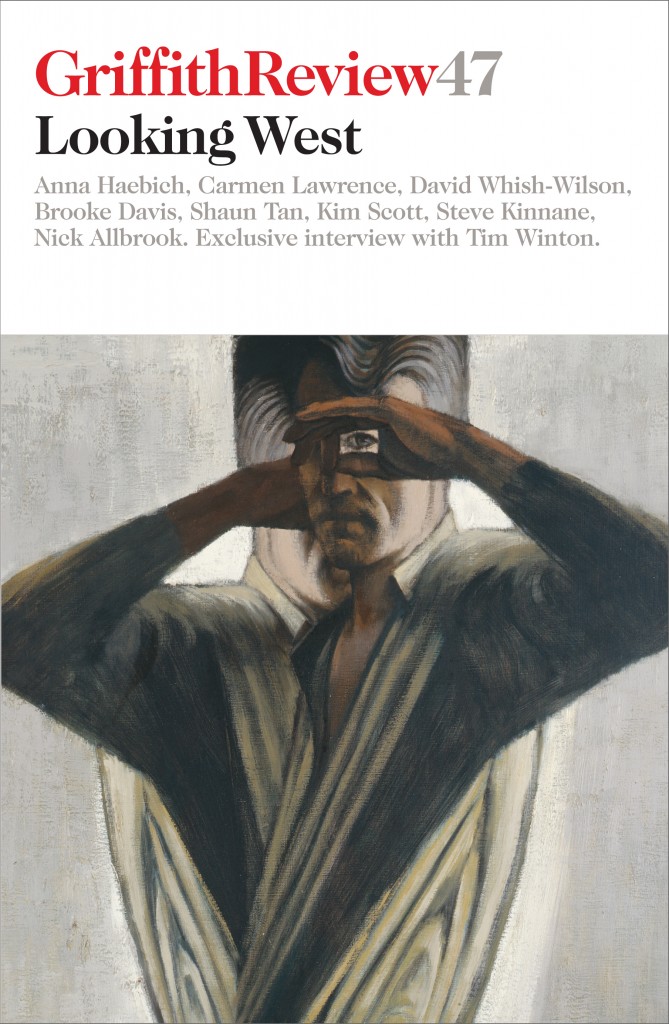Featured in

- Published 20150203
- ISBN: 9781922182678
- Extent: 264 pp
- Paperback (234 x 153mm), eBook

Already a subscriber? Sign in here
If you are an educator or student wishing to access content for study purposes please contact us at griffithreview@griffith.edu.au
Share article
More from author

We are all deaf during the pandemic
GR OnlineFor me, every day is an online conversation, with or without a pandemic. Sentences are broken. Loud noises interfere. There’s a lag as I try to decode what someone has said. I am permanently exhausted from the huge amount of processing my brain requires to function in the world.
More from this edition

Ghosts of the water dreamers
EssayWHEN HE VISITED Perth in 2012, Arizona water specialist Robert Glennon remarked: ‘I expected a dry city on the driest continent would be at...

The limits of dominion
Essay …We are, we often feel, living on the edge of something good. Nothing disturbs us. Winds from Africa and Indian waves bear...

Finger money
EssayFinalist in the United Nations Association of Australia Media Peace Awards 2015 in the Promotion of Indigenous Recognition Award category. Judges' comments: 'Finger Money’ is...